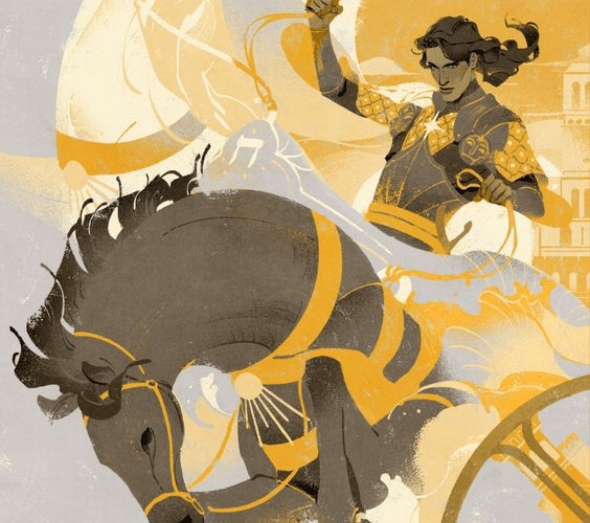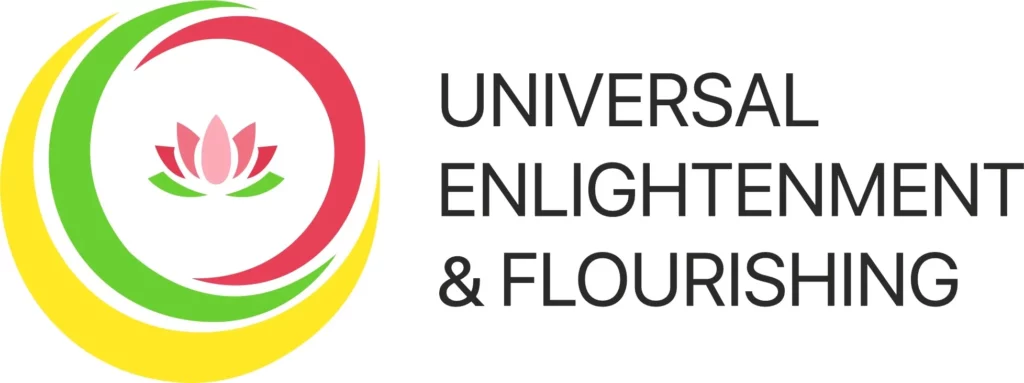An image that recurs across religions to symbolize the challenges and importance of maintaining and taking mental health seriously is that of the chariot. Driving a chariot beautifully symbolizes mastering the self. Just as charioteers must tame their horses, so too must we tame our minds to be able to truly flourish.
Stories and parables about chariots and the ways their components correspond to the human mind abound across religions and cultures.
Chariots were likely first invented in ancient Mesopotamia and subsequently moved to other ancient cultures. In Judaism, the Merkabah (throne or chariot) story of Ezekiel’s encounter with God became the focus of contemplation for a strain of Jewish mysticism.
The most remarkable book in the Hindu tradition, the Bhagavad Gita, takes place on a chariot, where a prince called Arjuna learns the secrets of mastery over life from his charioteer, Krishna. In this powerful metaphor, the chariot is the human body, the charioteer is intelligence, the five horses are the senses. Only when the senses are reined in, with the help of a disciplined mind, will the chariot carry its owner to his proper journey?
Whenever I fly into or out of Bali—the only part of Indonesia that remains predominantly Hindu—I always take a moment to admire the imposing statue of Krishna in a chariot with Arjuna. Like the story it represents, the statue has a dual meaning—outwardly an expression of nobility and military glory, its deeper meaning has more to do with conquest of the mind than conquest on the battlefield.
This year, the theme of Mental Health Awareness Week is “loneliness,” something that has become a source of mental stress on many peoples across the world due to the lockdowns and other isolating effects of the COVID-19 pandemic.
Let this week and this month be a reminder to take mental health—yours and that of others—seriously, but also a reminder of the importance of love for human flourishing. And let the chariot be another reminder of these same themes and the many other common themes that unite all religions and humanity as a whole.
Christianity
“The axle of the wheels of the chariot of Providence is Infinite Love, and Gracious Wisdom is the perpetual charioteer.”
—Charles Suprgeon, Christian Baptist preacher

Islam
“Picture a charioteer. He is seated in a vehicle, propelled by a horse, guided by himself. Intellect is the ‘vehicle’, the outward form within which we state where we think we are and what we have to do. The vehicle enables the horse and man to operate. The horse, which is the motive power, is the energy which is called ‘a state of emotion’ or other force. This is needed to propel the chariot. The man, in our illustration, is that which perceives, in a manner superior to the others, the purpose and possibilities of the situation, and who makes it possible for the chariot to move towards and to gain its objective.”
—Sufi parable
Judaism
“As they were walking along and talking together, suddenly a chariot of fire and horses of fire appeared and separated the two of them, and Elijah went up to heaven in a whirlwind.”
—Hebrew Bible (2 Kings 2:11), Jewish text
Hinduism
“Know the Self as lord of the chariot, the body as the chariot itself, the discriminating intellect as the charioteer, and the mind as reins. The senses, say the wise, are the horses; selfish desires are the roads they travel. When the Self is confused with the body, mind and senses, they point out, he seems to enjoy pleasure and suffer sorrow.”
—Katha Upanishad (1.3.3-4), Hindu text
Buddhist
“So which do you hit, the cart or the horse? Which do you hit, yourself or your problems? If you start questioning which you should hit, that means you have already started to wander about. But when you actually hit the horse, the cart will go. In truth, the cart and the horse are not different. When you are you, there is no problem of whether you should hit the cart or the horse.”
—Shunryu Suzuki, Zen Buddhist monk and teacher
Confucianism
“I do not see how a man can be acceptable who is untrustworthy in word? When a pin is missing in the yoke-bar of a large cart or in the collar-bar of a small cart, how can the cart be expected to go?”
—The Analects (2:22), Confucian text


